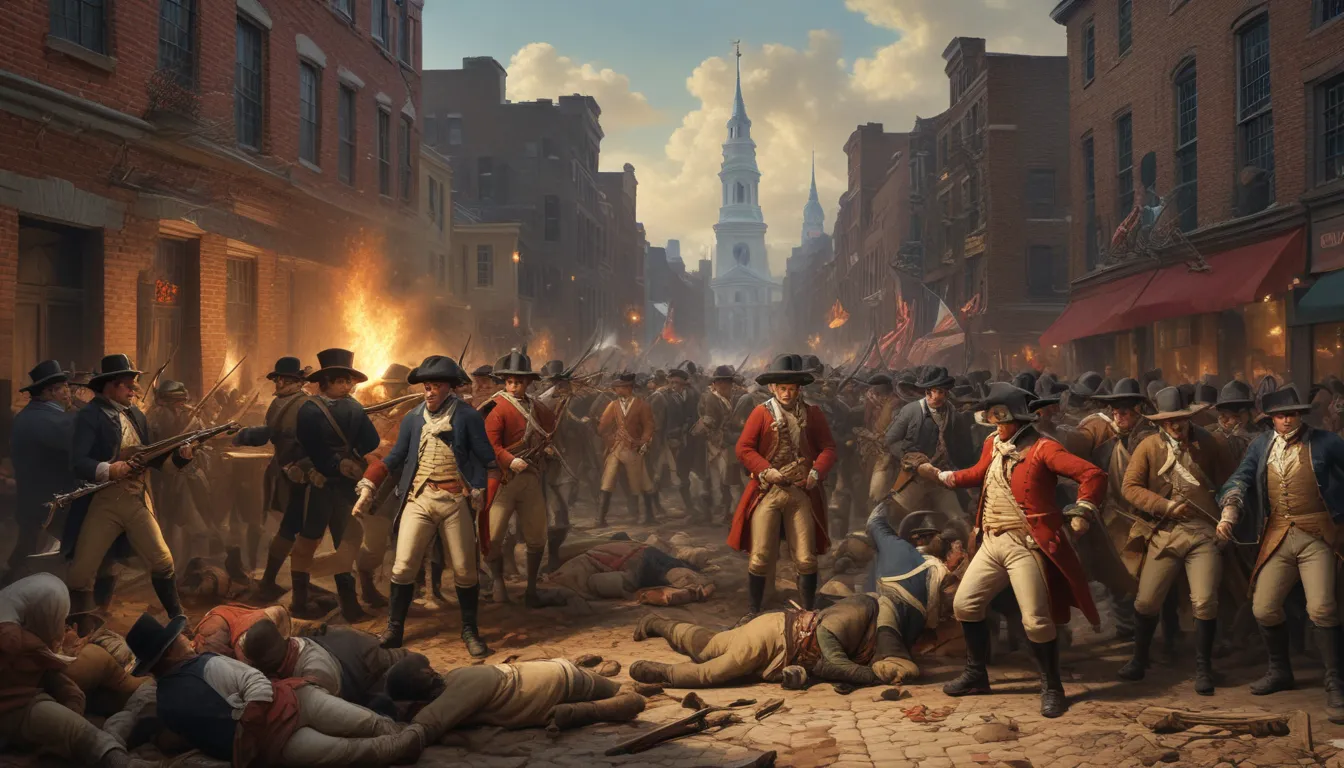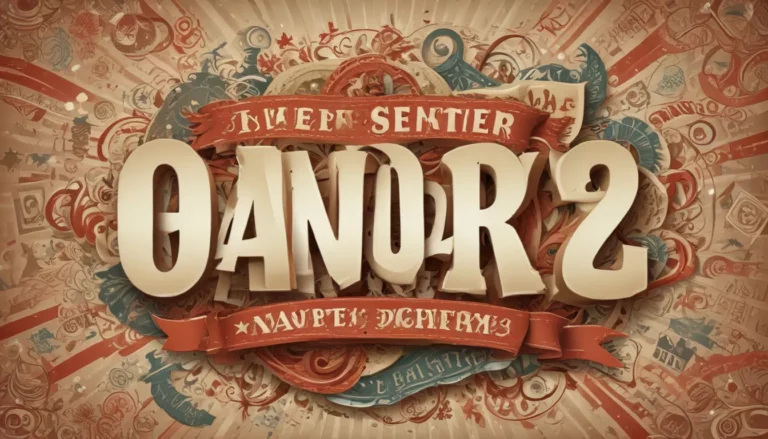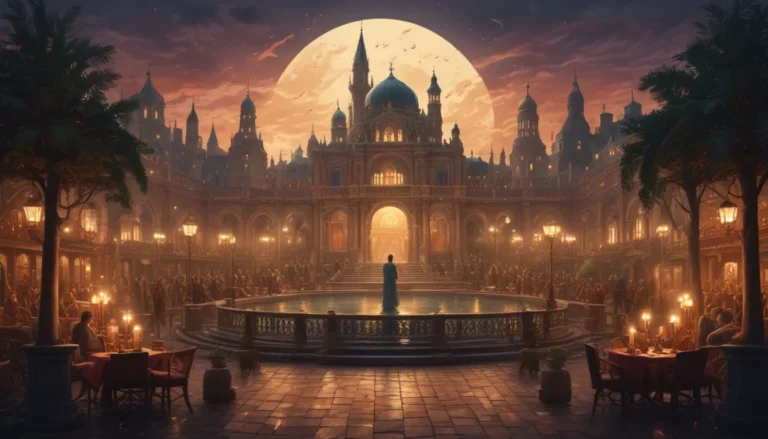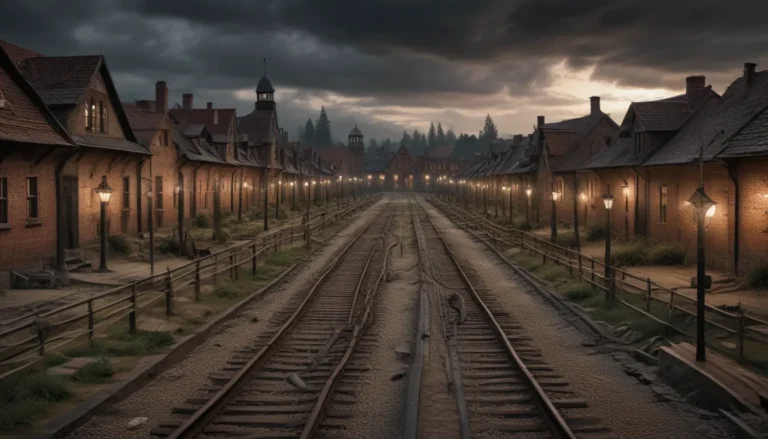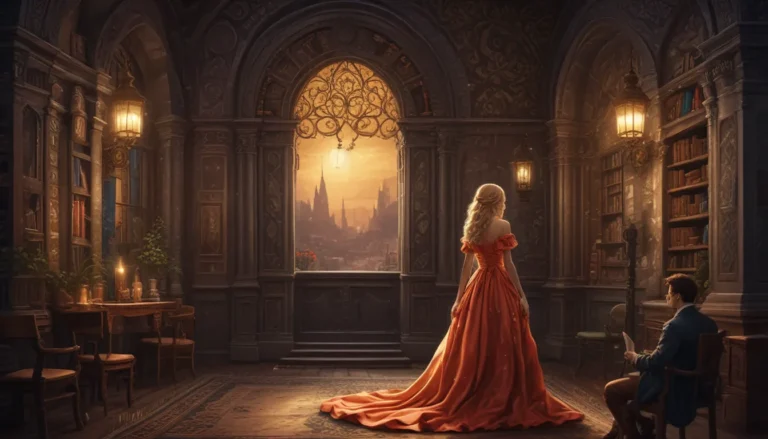The images in our articles may not match the content exactly. They are used to grab your attention, not to show the exact details in the text. The images complement the text but do not replace it.
Unraveling the Beginnings of the Boston Massacre
The Boston Massacre, a pivotal event in American history, initially unfolded as a mere street fight on March 5, 1770. A mob of patriots clashed with British soldiers near the Custom House building in Boston, Massachusetts. What started with snowballs and stones being thrown escalated when the British soldiers, feeling threatened, fired into the crowd. This incident, known as the Boston Massacre to the colonists and the Incident on King Street to the British, marked a turning point that laid the foundation for the American Revolution.
Understanding the Military Presence in Boston
Prior to the Boston Massacre, tension was already brewing in Boston with the presence of 4,000 British troops among a population of only 20,000 residents. This significant military presence, exacerbated by rising taxes such as the Townshend Acts, fueled the animosity between the colonists and British rulers. The unrest stemming from these taxes and the inhabitants’ opposition to them set the stage for the tragic events that would unfold on that fateful day.
Reflecting on the Victims and Their Legacy
Following the Boston Massacre, the five civilians who lost their lives—Crispus Attucks, Samuel Gray, Patrick Carr, Samuel Maverick, and James Caldwell—were commemorated as heroes. Attucks, in particular, later became an icon of the anti-slavery movement in the 18th century. Notably, half of Boston’s population attended the victims’ funerals, underscoring the significance of the event and its impact on the community.
Unveiling the Power of Propaganda
In the aftermath of the Boston Massacre, both the colonists and the British utilized the incident for propaganda purposes. The colonists leveraged the tragedy to decry British brutality and incite public outrage. Iconic engravings by Paul Revere depicted Captain Preston ordering the soldiers to fire, fueling the anti-British sentiment. Conversely, Governor Thomas Hutchinson’s pamphlet painted the colonists as antagonists, attempting to shift the blame onto them for the violence.
Legal Proceedings and Notable Defenses
The trial of Captain Preston and the British soldiers shed light on the legal complexities surrounding the Boston Massacre. John Adams, a founding father and future US President, came to the defense of the soldiers during their trial, advocating for fair treatment and challenging the prosecution’s case. Preston’s trial, marked by contradictory testimonies and claims of self-defense, pioneered the use of “reasonable doubt” as a legal standard, shaping future legal practices.
Engaging Commemorative Traditions and Monuments
To honor the significance of the Boston Massacre, an annual reenactment takes place at the exact site of the event in downtown Boston. This tradition serves as a poignant reminder of the sacrifices made and the impact of the incident on American history. Additionally, the erection of a 25-foot monument in 1887 pays homage to the victims and symbolizes the spirit of revolution, showcasing the enduring legacy of the Boston Massacre.
Prophetic Insights and Diverse Testimonies
Noteworthy revelations surrounding the Boston Massacre include Benjamin Franklin’s prescient predictions in 1768, foreseeing the unrest that would culminate in the tragic event. Moreover, the testimonies of three African-Americans—Andrew, Jack, and Newton Prince—on behalf of the British soldiers provided crucial insights during the legal proceedings. Their accounts played a pivotal role in preventing the soldiers from facing harsher consequences.
Conclusion: Unraveling the Complexity of History
The Boston Massacre stands as a testament to the complexities and tensions that defined the relationship between the American colonies and British authority. By delving into the multifaceted aspects of this event, we gain a deeper appreciation for its historical significance and the enduring impact it had on shaping the course of American history. As we reflect on the Boston Massacre, we are reminded of the power of remembrance and the lessons it imparts about resilience, justice, and the pursuit of freedom.
